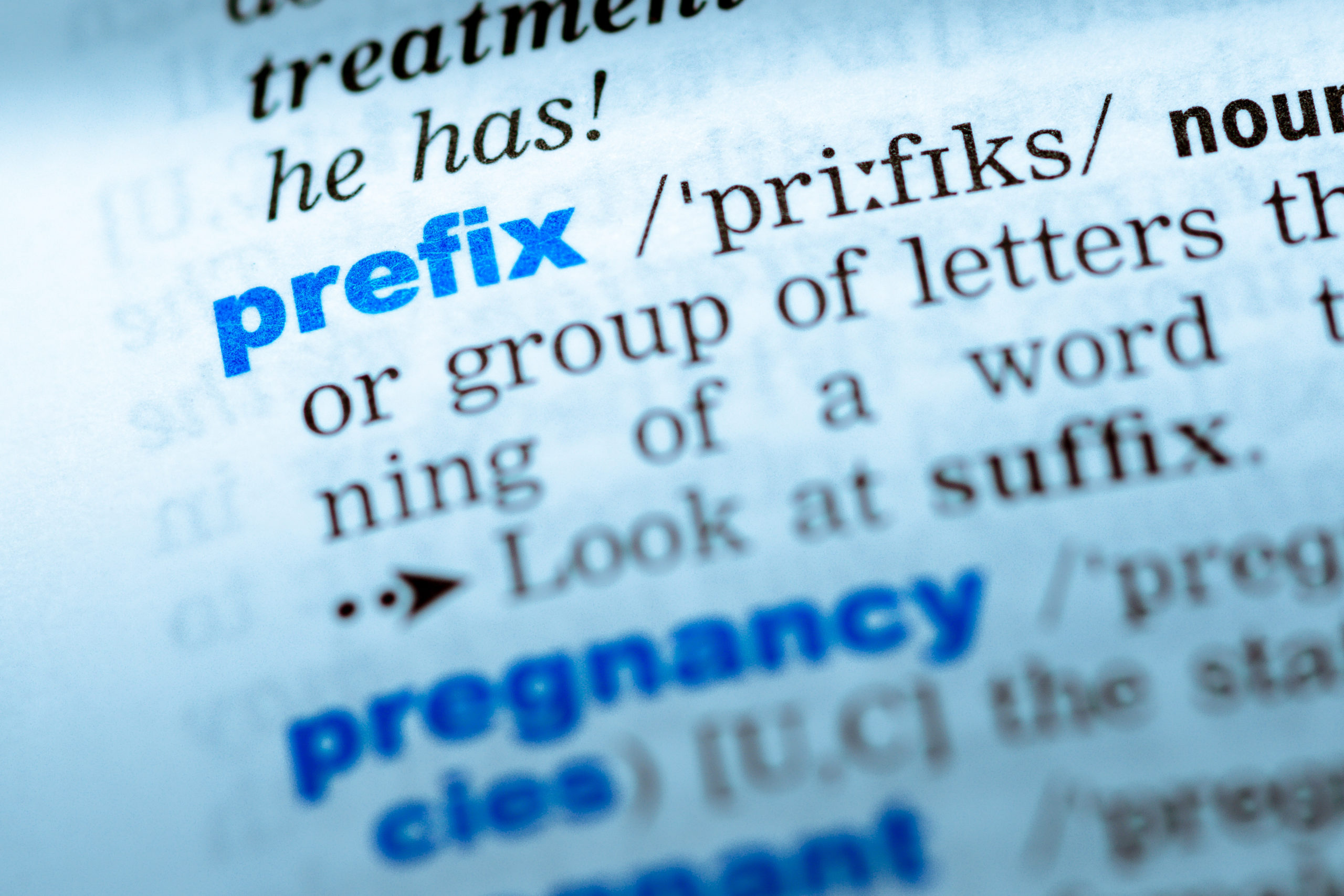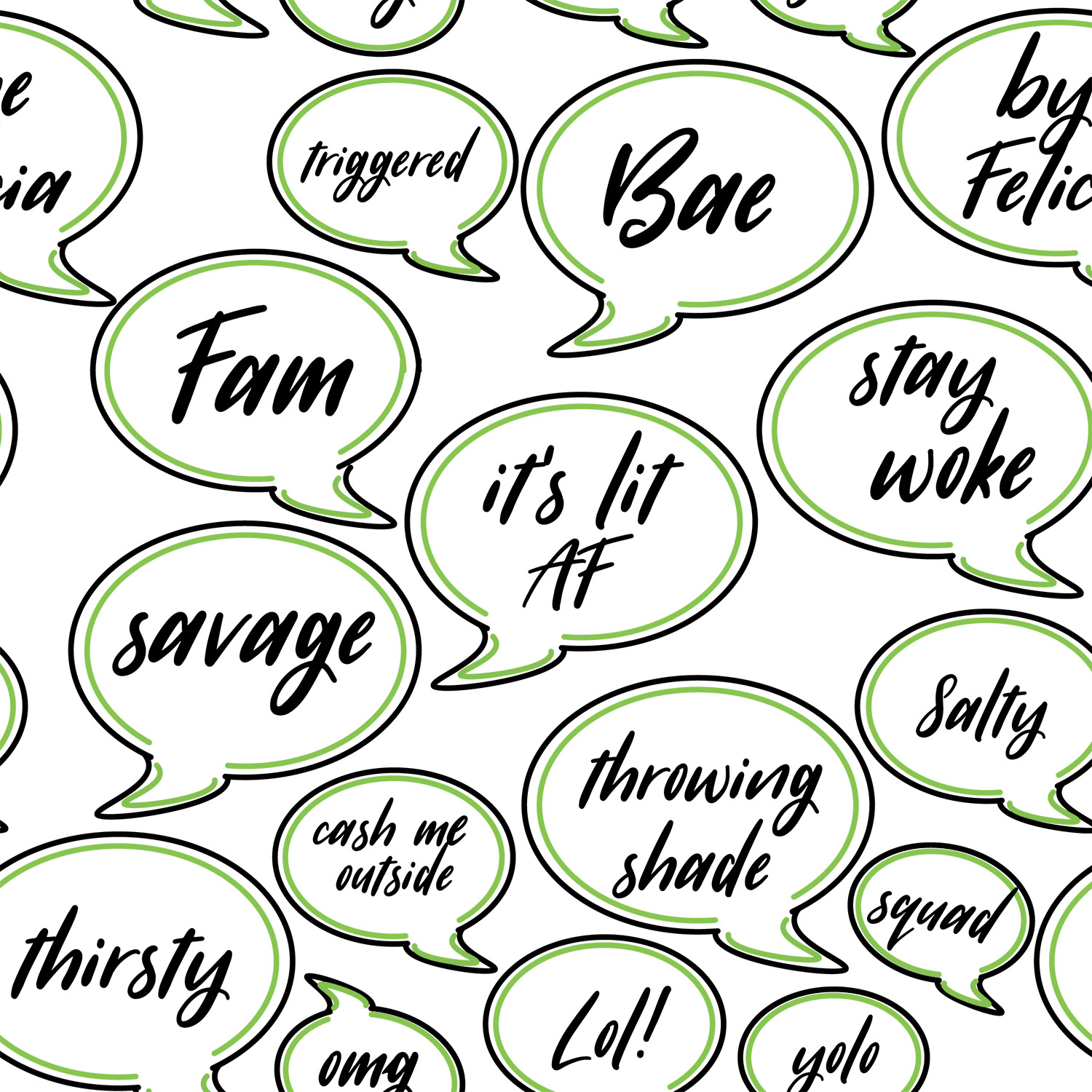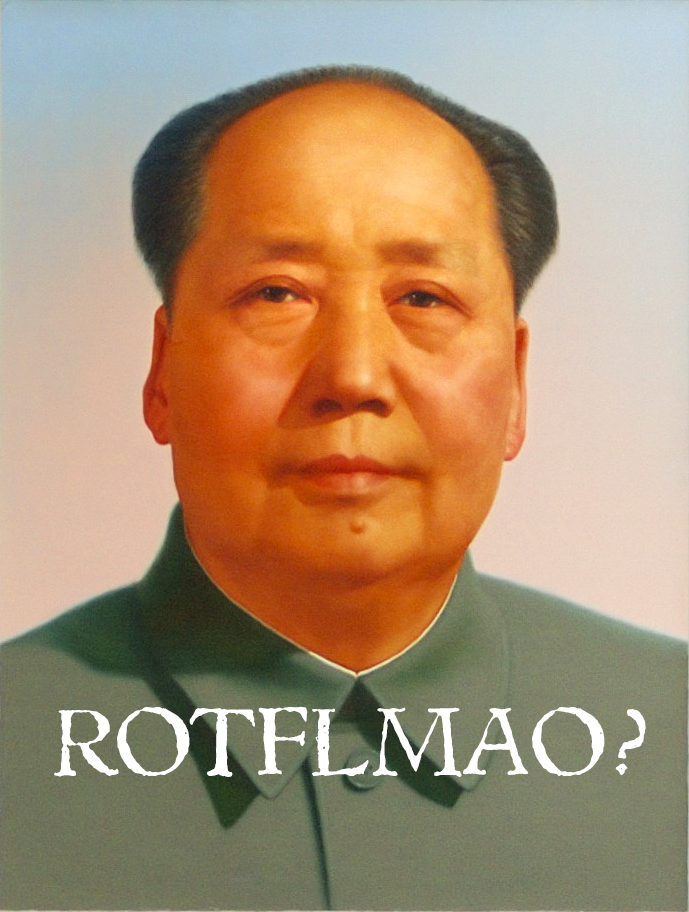There is a consensus among linguists that the English language is weird. (Well, maybe not all linguists, but two or three, at least.) That might be because English is like your pet dog if your dog happens to be a mutt. What makes a mutt weirdly, and wonderfully, unique is that it has borrowed its essence from a variety of different breeds. And so it is with English, which has borrowed its grammar and vocabulary from a long list of other languages.
One of the idiosyncrasies of English that has always puzzled me is the addition of (s) to verbs. Why is it that “I talk,” You talk,” We talk,” “They talk,” but he or she “talks?” Or “walks?” Or “plays?” I could go on, but you get what I mean.
More recently, probably a result of too much time on my hands, I have been trying to understand the prefix. This fixation resulted from explaining to a Snowbird friend that I wasn’t sure when I would be returning to Florida because our recently purchased apartment was being refurbished. “Oh,” he responded, “and when was it originally furbished?”
We both had a good laugh. Was “furbish” actually a word, or was it the last name of a deceased actor from the Yiddish stage? But if it was a word, it surely sounded ridiculous. (As it turns out, it actually is a word and means to renovate or freshen. But come on, when was the last time you heard it used in a sentence devoid of its usual beginning?)
According to one definition, a prefix is an affix attached to the beginning of a word and serving to produce a derivative word. But look closely. There would be no word “prefix” without the use of a “prefix.” So is the word itself its own example? (Something to think about when you have too much time on your hands.)
There are over 50 prefixes in the English language. Way too many, if you ask me. Being a minimalist, I am anti-clutter. In fact, the prefix anti- is part of the clutter. Do we really need four different beginnings that mean the same thing: de- un- dis- anti- all signifying “opposite” or “not”? Our language becomes redundant.
And speaking of redundant, put that on the list of words to ponder. We know that the prefix re- means back or again. But can someone explain “dundant?” To be redundant, does something first have to be “dundant?” If I have two washing machines, and you say that two washing machines are redundant, does that mean one washing machine is dundant?
To put it another way, owning two washing machines might be considered by some to be extravagant. (This does not apply to laundromat owners, of course.) So is having only one machine vagant?
Moving away from matters domestic, what should we make of the word “impeach,” a word popularized during the reign of our former president. The prefix im- denotes “not” or “opposite of,” much like the affixes cited above. So if someone is “impeached” does that mean they are not, or the opposite of, a peach? Since I typically avoid political discussions, I’ll leave that to you to decide.
And then there’s the prefix sub- which means beneath or below. When attached to the word “marine” the meaning is clear, as it is when sub- is attached to words like “par” or “normal.” But what’s the deal with sub- stitute?
Talk about redundancy, the prefix in- belongs to the family or un- , im- , or a- , all of which mean “not” or “without.” Then “insane” clearly means not sane, or without sanity; and “inhumane” means not humane. However, what am I to make of “in-sert?”
I could go on, but I think I’ve provided enough food for thought. So if you happen to find yourself with idle time, please consider additional weird uses for prefixes I haven’t covered, like mis -, dis -, or semi -. I shall be forever grateful. Grateful? Does that mean to be full of “grate?”
Please watch this page for a future analysis of the suffix.









Love it. I’ve had these same thoughts myself.
Of course. More proof that you weren’t adopted.
You’ve ‘furbished’ my mind with new thoughts on this topic Susan.
Glad to be of service.